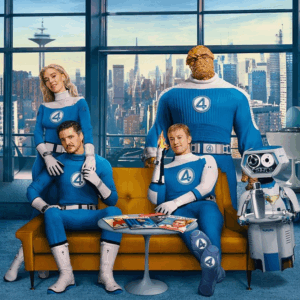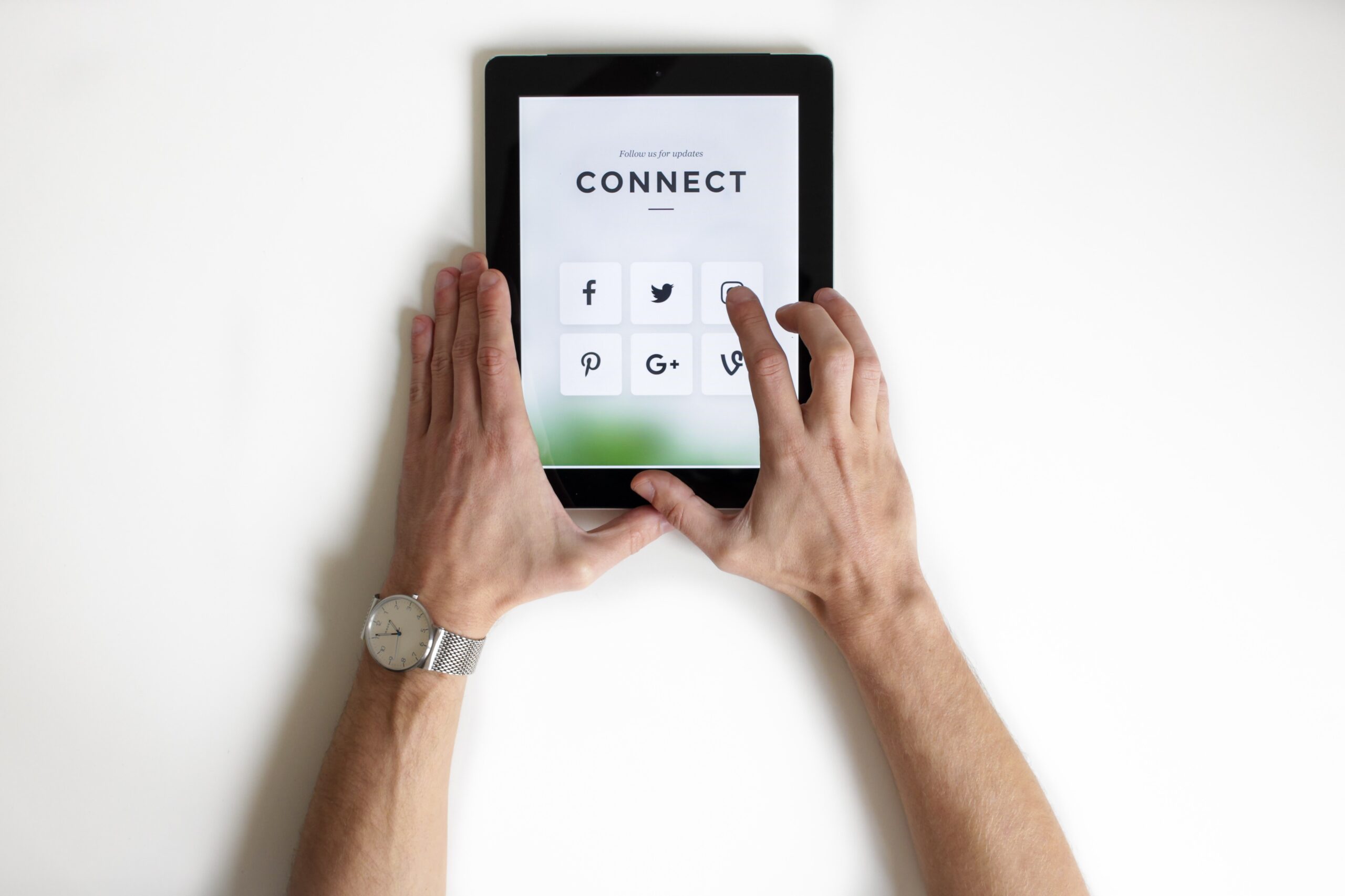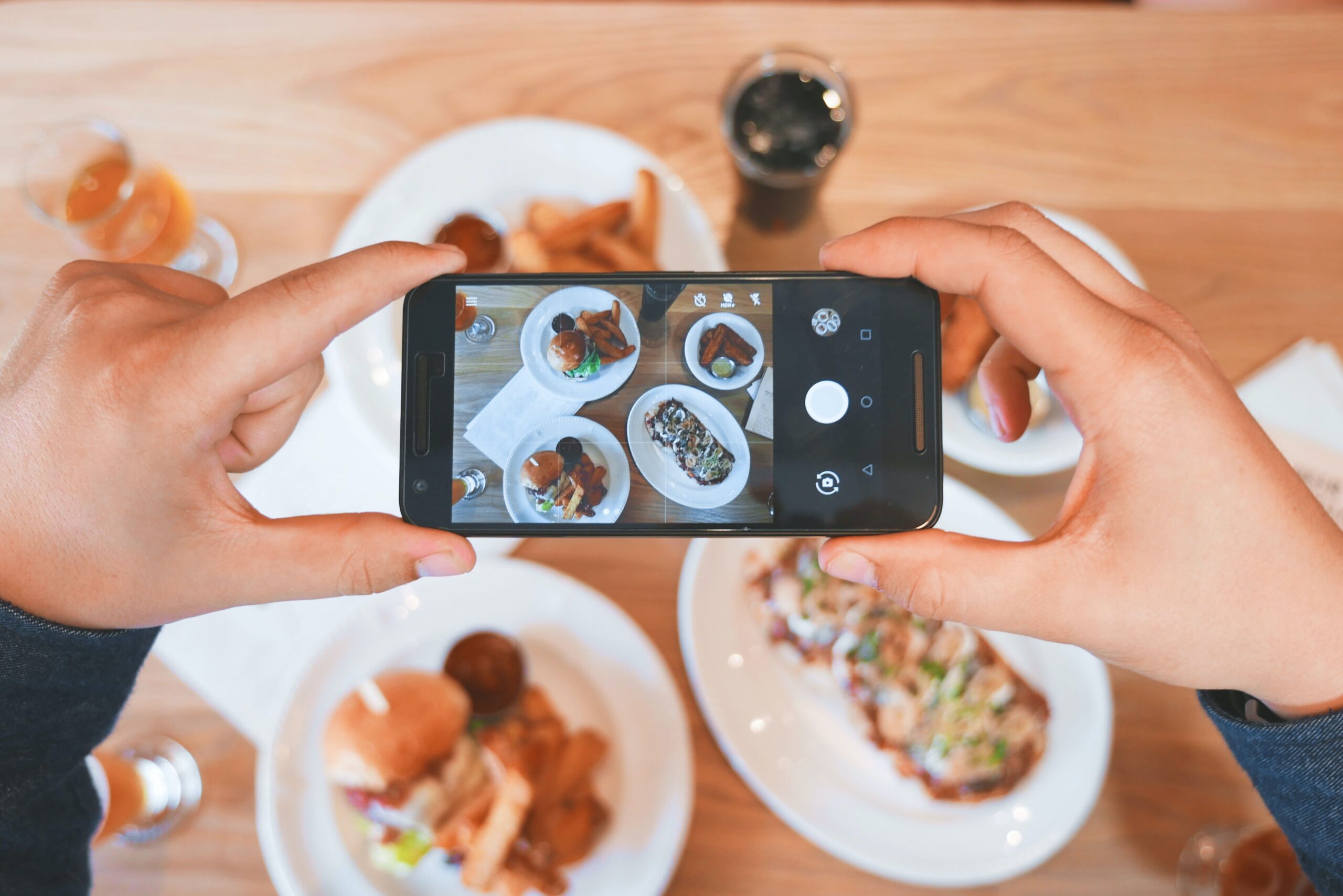Musk’s stance on free speech clashes with his efforts to suppress hate speech and misinformation.
Governments are targeting the richest man in the world and his social networking platform, X, because of Elon Musk’s absolutist interpretation of free speech. After a wave of online misinformation sparked riots in the United Kingdom, authorities are considering stricter regulations for websites such as X. This year, in reaction to farmer demonstrations in India, X was forced to block specific accounts and remove content. Additionally, Musk is embroiled in a legal dispute with Brazil’s top court regarding its decision to suspend users who disseminated false information.
When combined, the actions represent a crackdown by some of the biggest democracies in the world against what authorities perceive to be a surge of misinformation and hate speech. However, any attempt to control social media expression would be met with Musk’s laissez-faire attitude toward user posts, a “free speech” stance that he vigorously defends on the platform that was once known as Twitter, which he purchased for $44 billion in late 2022 and quickly transformed into X.
I am therefore concerned that Elon Musk purchased a platform with that level of power using the same impulse control—that is, no impulse control at all—that I use when I see a sweater at Target that I like.
The dissemination of false information in this nation is terrible. Too many people who said the 2020 election was rigged were elected to public office last week. To combat hysteria, school boards are outlawing texts that support the experiences of people of color and queer people.
Too many people’s hearts and minds are contaminated by a right-wing propaganda network masquerading as “news.” A terrible atmosphere of hate speech and misinformation can be produced by the same fantastic instrument that keeps me in touch with old friends and helps me meet new ones.
Additionally, the firms that run these platforms are rarely, if ever, held responsible for the content disseminated through their services because of Section 230 of the Communications Decency Act. Elon Musk is aware of the potential benefits of social media and its influence. He uses Reddit. He witnessed firsthand how the GameStop tale of “r/wallstreetbets” short-circuited the stock market.
I’m afraid of this entire blue check thing because of that. All of his comments about the check mark being a “great leveler” when it is behind a basic $ 8-a-month paywall obscures the true result of this move, in addition to being a blatant money grab and a bad business model.
Musk is not the hero of the common man that he claims to be; it opens up the concept of being an “official” account to anyone who wants to build several bots to influence the market for a low flat rate, regardless of the purpose. He has created the conditions for Twitter to become not only chaotic but hazardous by dismissing content moderation employees and doing away with the fundamental justification for account verification.
It’s important to note that Twitter is typically exempt from the First Amendment. It is a commercial firm, not the government, that silences people when their accounts are banned for hate speech. According to the First Amendment, state action must be relevant. Musk’s assertion that Twitter is “the de facto public town square” appears to be an attempt to get around this reasoning.
Musk appears to be referring to the First Amendment’s Public Forum theory, which states that places like public parks and stages have a history of serving as forums for idea exchange. Consider the Pit.
Speech limitations in areas classified as conventional public forums are difficult to defend in court, particularly when the restriction is predicated on the speaker’s point of view. This explains why Gary the Pit Preacher is so difficult to get rid of.
Musk believes that this corpus of law should apply to Twitter, or at the very least, it should. Once more, however, state action is the crucial distinction. The First Amendment would only be applicable in this case if the government-owned Twitter.
By purchasing the business, Musk is only enforcing his erroneous beliefs on a social media network with millions of users, not resolving any issues with the First Amendment or free speech.
This is not a matter of free speech.
In their wildest fever dreams, the authors of the Constitution could not have predicted what Twitter would become. Letting the public loose on a platform where anything can be presented as true without question and where participation is algorithm-based rather than fact-based is beyond anything the Constitution’s guarantee of free expression could ever imagine.
The more direct effects of a social media network owned by Musk have already been observed. After making a verified impersonation account and tweeting that their insulin was suddenly free, a Twitter user with $8 and a dream caused the stock prices of the pharmaceutical giant Eli Lilly to plummet.
For journalists, professionals, or regular individuals searching for reliable sources, the platform is no longer a helpful tool. Furthermore, hate speech and false information are already beginning to overtake a website that, at its best, may assist users in discovering a sense of community and group power.
Big Tech on trial: monopolies, Musk, and false information
The founder of Telegram was imprisoned in France, Elon Musk, the owner of X, is embroiled in a legal battle with Brazil, and US courts have rendered a significant decision against Google. What, however, is fueling the conflict between Big Tech and governments around the world? Ricki Lee looks into
The long-running conflict between governments and Big Tech has intensified. Concerns about the internet’s future have been sparked by social media’s role in creating digital advertising monopolies and disseminating false information, which has resulted in verbal and legal arguments.
The impact of platforms like X, Telegram, Google, and Meta has increased significantly as courts have attempted to stay up with new rules meant to hold internet companies responsible.
When Big Tech has retaliated, regulators have found it difficult to gain control. Can Big Tech companies strike a balance between user privacy, free speech, and legal obligations in a quickly evolving environment, given the current conflicts in Brazil, the US, the EU, and the UK?
Battle of the Words: Brazil bans Elon Musk’s X
In Brazil, disinformation on social media has grown to be a serious problem, particularly at politically delicate times like elections.
According to a September 2021 survey, around 77% of Brazilians believed that bogus news concerning the Supreme Federal Court and politicians threatened democracy.
After President Jair Bolsonaro lost to his predecessor, Lula da Silva (often known as Lula), in the 2023 election, the situation worsened.
Under the direction of the richest man in the world, Elon Musk, the spread of such content on X, the eighth most popular social media network in the country with 24.3 million members, resulted in the platform’s total prohibition in Brazil in 2024.
What made X illegal in Brazil?
When Supreme Court Judge Alexandre de Moraes ordered the platform to remove accounts belonging to journalists and politicians accused of distributing false material in August 2024, tensions between X and the Brazilian government reached a breaking point.
The judge threatened harsh legal repercussions, including the arrest of X’s Brazilian attorneys, if X disobeyed Justice de Moraes’s directives. The problem worsened when X decided to remove its legal counsel from Brazil.
The platform was essentially banned on August 30 when Judge de Moraes issued an order for the “immediate, complete, and total suspension” of X’s operations throughout Brazil.
Judge de Moraes emphasized the legal responsibilities of foreign companies operating in Brazil by pointing out that other tech companies, such as Meta and Google, have cooperated with similar orders.
A Supreme Court (STF) tribunal upheld de Moraes’s decision by September 2, 2024, affirming that X would continue to be suspended until he complied with all court directions.
Notably, the decision also imposed penalties on those who tried to use VPNs to access the platform, which is a first for international digital legislation.
On Thursday, August 15, 2024, Alexandre de Moraes, a justice of Brazil’s Supreme Federal Court, addressed a session at the Supreme Court building in Brasilia, Brazil. Photographer: Getty Images/Ton Molina
Elon Musk’s position on free expression
Musk, the self-described “free speech absolutist,” has gained both admiration and scorn for restoring several previously blocked accounts, including that of former US President Donald Trump, since acquiring X in 2022.
But Musk’s stance on free speech has made his connections with different countries more difficult.
His detractors have drawn attention to contradictions in his position, pointing out that although he opposed calls for more stringent moderation in nations like Brazil and Australia, he obeyed government directives in Turkey and India, where X was compelled to take down content that was critical of the political leaders of those countries.
Given his apparent admiration for former President Bolsonaro and Argentina’s incoming President, Javier Milei, some have questioned whether Musk’s commitment to free expression extends exclusively to the people and ideas he supports.
Wider ramifications for social media
The lawsuit demonstrates the growing hostilities over online content control between national governments and tech giants. According to Victoria Lee, the founder and CEO of 100 Pound Social, this circumstance highlights the necessity of legislative frameworks that strike a compromise between the expanding hazards of misinformation and the ideals of free expression.
“The Brazilian X case serves as a reminder of the impact social media platforms have on political discourse,” she says. It demonstrates the need for laws that control risks like false information while preserving the right to free speech. Striking that balance is essential to making sure social media platforms support constructive public discourse.
In Brazil, platforms like Meta and Google have already shown that they are willing to abide by government orders; this case may put pressure on other platforms to follow suit or risk similar repercussions.
We must comprehend the fundamentals to comprehend why: The free speech clause of the First Amendment forbids censorship by the government. Since Twitter is a private firm and does not restrict offensive speech, the government cannot punish it. The consequence is that the public, including public officials, is allowed to criticize Twitter’s content moderation judgments, and the company is not constrained by the First Amendment.
Musk claimed it was the reason he purchased Twitter. In his opinion, the firm was overzealous in its efforts to restrict expression on what he called “the town square of the internet.” He had the resources to do more than whine about it, unlike most of us, because he purchased the entire company. In recent weeks, Musk revoked Jordan Peterson’s and The Babylon Bee’s account suspensions and reinstated Donald Trump’s Twitter account. Likewise, Twitter ceased enforcing its COVID-19 disinformation policy.
In Conclusion
Elon Musk’s views on free speech, especially about sites like X (previously Twitter), require a careful balancing act between encouraging candid discussion and combating the dissemination of false information. In the name of free speech, Musk supports little content regulation, but detractors contend that this can result in unrestrained lies, hate speech, and manipulation. The difficulty is striking a balance between protecting free speech and preventing false information from undermining public debate and the welfare of society. Transparency, appropriate moderation, and effective policies could all aid in resolving this conflict.








